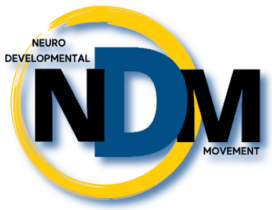As our schools aim an academic curriculum towards younger and younger ages, I want to look at play. I’m indebted to the work of Darcia Narvaez for these insights.
Play only occurs when we are safe, secure, and feeling good, not bullied, judged, graded, or isolated. Play increases metabolism in the neocortex and is significant because ONE-THIRD of 1,200 genes so far evaluated are modified during play, helping us release dopamine.
And here’s the kicker: Children diagnosed with ADHD may actually be “Play STARVED”, or undernourished in the area of play.
Play is social, it is cooperative, it requires communication, and quick thinking. It boosts our good hormones and motivates us to learn.
Did you know that children who learn academic skills in nursery and kindergarten do less well academically than children who use kindergarten for play and social skills development? Why are we pushing so much early learning?
We all need more time at home, and in school, to simply PLAY.
And, while children are driven to play, I saw no study that said that these benefits didn’t apply to adults as well.
So, let’s create an MPE award for our communities: More Play for Everyone! The most playful WINS!

